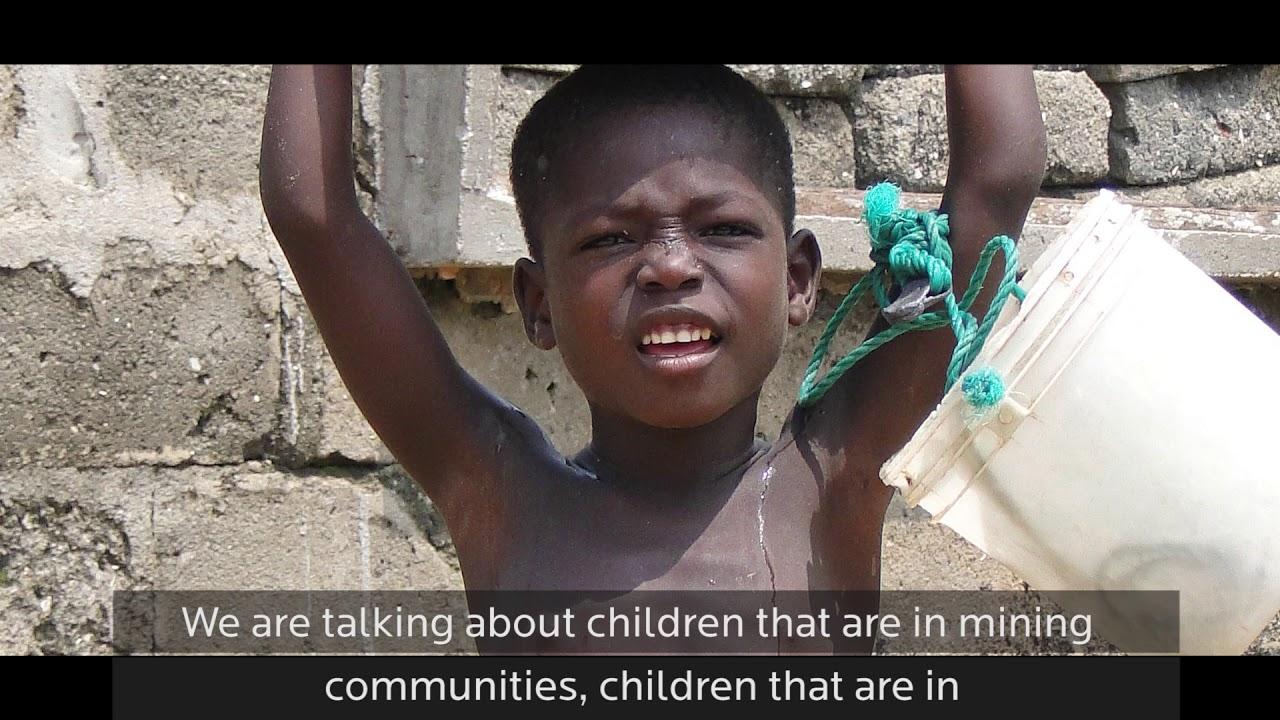Realising the SDGs: The role of responsible business

This four-year research project will investigate whether responsible business policies, intended to promote business respect for human rights, are effective in this context.
The SDGs assume large-scale private sector support for their realisation. A substantial “funding gap” entails the need for business partnerships with development actors and private sector finance of new infrastructure. This research project will generate new knowledge addressing this gap.
The research project will in particular look at the process of human rights due diligence outlined in the UN Guiding Principles on Business and Human Rights (UNGPs) and aligned standards such as the OECD Guidelines for Multinational Enterprises.
Objectives
The project’s main objective is to facilitate better informed decision-making regarding policy instruments to promote responsible business conduct and UNGPs operationalisation, and thereby realisation of SDG 8 and SDG 16 and compliance with ILO Core Labour Standards.
The research project expects to achieve:
Increased understanding by stakeholders in Ghana and Kenya and amongst relevant international policy-making and scholarly networks.
Informed insights on incentives and constraints that structure the contribution of business actors to realisation of the relevant SDGs.
Strengthening of academic competence in Ghana and Kenya with respect to analytical work, academic writing and multi-disciplinary methods.
Our aim is to improve policy-making and ultimately enhance the realisation of sustainable development, labour and human rights
VIDEO: Insights into the research project
Research focus points
Research will be undertaken in Ghana and Kenya on three different types of responsible business initiatives:
- National action plans
- Non-judicial grievance mechanisms
- Sector-specific responsible value chain initiatives
.
Findings
The project will present its findings through two doctoral theses, eight scholarly articles in international peer-reviewed journals of which project participants from Ghana or Kenya are sole or co-authors, and a working paper series throughout the project.
Partners
- Ghana Institute of Management and Public Administration
- Strathmore University
- Australia National University
- University of Cape Town
Project team
The Danish Institute for Human Rights:
- Dr. Claire Methven O’Brien (Project coordinator)
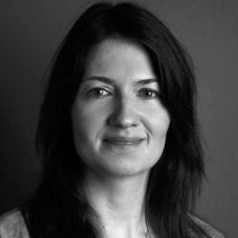
Dr. Claire Methven O’Brien is Senior Researcher at the Danish Institute for Human Rights. She is also Baxter Fellow and Lecturer in the School of Law at the University of Dundee, Scotland where she established and directs the LLM Business and Human Rights, and Honorary Lecturer at the University of St. Andrews School of Management, Scotland. She is author of the Council of Europe’s Handbook on Business and Human Rights (2018) and co-editor (with Prof. Olga Martin-Ortega) of Public Procurement and Human Rights: Opportunities, Risks and Dilemmas for the State as Buyer (Edward Elgar, 2019). Claire regularly provides advice on business and human rights to organizations including the United Nations, European Union and Council of Europe, international financial institutions such as the International Finance Corporation, European Investment Bank and European Bank for Reconstruction and Development, a range of multinational enterprises, national governments and civil society actors. She holds a PhD in Law from the European University Institute, LLM Public Law from the London School of Economics and a BA from the University of Cambridge. Current research interests include proposals for a UN business and human rights treaty, mandatory due diligence legislation, tech giants and human rights and investor human rights responsibilities.
- Hans-Otto Sano
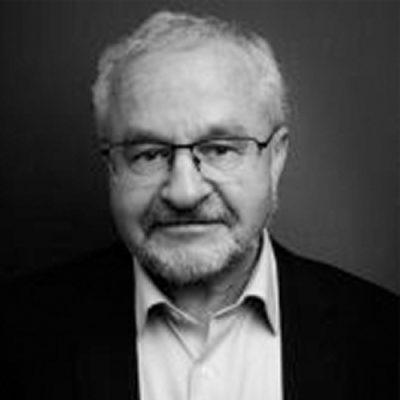
Hans-Otto Sano has been involved in three research projects. One on human rights-based approaches and poverty reduction, one on human rights and economics, and one on human rights research methods including how institutional theory can be applied in human rights research. I have worked earlier on subjects relating to governance and social accountability, on human rights indicators, and on the meaning and value added of human rights-based approaches I have research experience from several countries in sub-Saharan Africa and from South Asia.
Ghana Institute of Management and Public Administration (GIMPA):
- Prof. Samuel Kwaku Bonsu (Project coordinator)
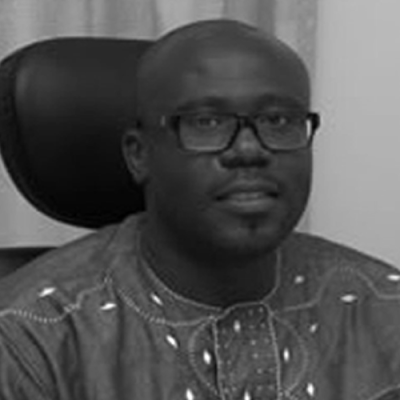
Prof. Samuel (Sammy) Kwaku Bonsu is Professor of Marketing and Consumption Studies at the Ghana Institute of Management and Public Administration (GIMPA). He holds a PhD from the University of Rhode Island. He studied and worked at Simon Fraser University (SFU), Canada and later joined the faculty of the University of North Carolina, Greensboro. Prior to joining GIMPA, he was a tenured professor of Marketing at the prestigious Schulich School of Business, York University, Toronto. He is a renowned scholar and a sought-after global speaker on Responsible Business in African development.
- Dr. Alex Ansong
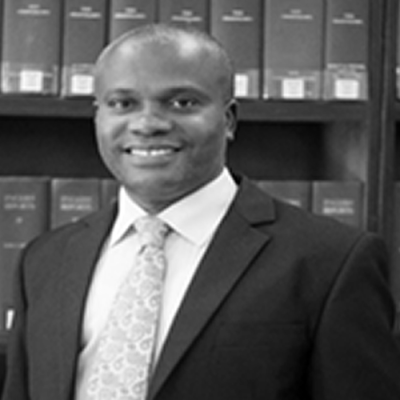
Dr. Alex Ansong holds a PhD in law and an LLM in Legal Research from Middlesex University. Dr. Ansong currently teaches International Trade Law and International Investment Law at the Faculty of Law of the Ghana Institute of Management and Public Administration (GIMPA). He is the Head of the Faculty of Law Centres at GIMPA, chairs the GIMPA Faculty of Law Research and Publications Committee and is the founding editor of the GIMPA Law Review. He has published widely on issues in international trade law, international investment law, intellectual property and public international law.
- Diana Asonaba Dapaah
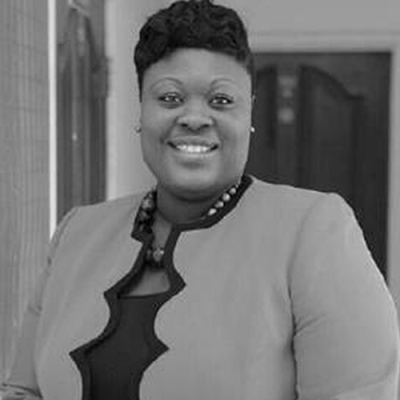
Diana is a legal practitioner called to both the Ghana and New York bar, and holds law degrees from the Kwame Nkrumah University of Science and Technology (LL.B.) and Fordham University School of Law, New York (LL.M). She is also a lecturer in law at the Ghana Institute of Management and Public Administration (GIMPA), and teaches and researches human rights law, alternative dispute resolution (ADR), corporate law and governance and public international law since 2011. She currently pursuing a PhD at the University of Cape Town in the area of business and human rights and the SDGs. Diana is also a trainer in corporate governance, human rights and ADR and has trained lawyers and judges in Ghana, Sierra Leone and Liberia in ADR. In 2021, she has been nominated by the President of Ghana as one of the two Deputies for the Office of Attorney General and Minister of Justice.
- Victor K. Brobbey

Mr. Brobbey is a lecturer and Head of Department at the Faculty of Law at GIMPA. He lectures in Administrative Law, Constitutional Law, and Private International Law. He graduated from the University of Ghana with a Bachelor of Laws degree, and subsequently obtained a Master of Laws from Harvard Law School, Cambridge, MA. With over 18 years of experience as a lawyer in both Ghana and the United States, Mr. Brobbey has engaged in advocacy, legal policy formulation and democratic governance advising for public and private entities in a number of African countries. He has also consulted on governance, human rights, and democratic development for a number of international organizations, including the African Union, the African Peer Review Mechanism, the World Bank, the United Nations Development Program, and the African Development Bank.
Strathmore Law School - Strathmore University:
- James Ombaki Kirwa
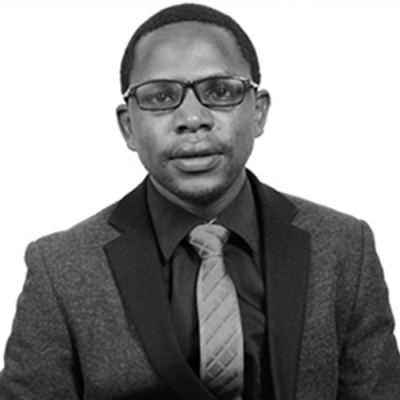
James currently works as a Research Associate at Strathmore Extractives Industry Centre, an autonomous research and training centre based at Strathmore University Law School. He is an accomplished legal professional with extensive experience in research in international human rights law, environmental law, extractives industries (oil, gas and mineral law), alternative dispute resolution, and land. James drafted the Local Content Technical Paper that informed the second series of the Kenya Extractives Policy Dialogue, and was actively involved in the Gender Assessment project conducted under the Kenya Petroleum Technical Assistance Project (KEPTAP) and supported by the World Bank.
- Kate Wanza Mavuti

Kate is an advocate of the High Court of Kenya and a member of the Law Society of Kenya and the East African Law Society. She holds a Bachelor of Laws (LL.B) from the University of Nairobi, a Postgraduate Diploma in Law (P.G. Dip) from the Kenya School of Law and a Master of Laws (LL.M) in Oil & Gas Law from the University of Aberdeen. In addition to her work around local content and transparency and accountability, Kate has also led research around Kenya’s petroleum revenue sharing and management. Stemming from her interest in oil and gas and alternative dispute resolution in the sector, Kate now delves into further research by way of a PhD on non-judicial grievance handling mechanisms and their influence on responsible business within the oil and gas sector in Africa.
- Martin Mbaya
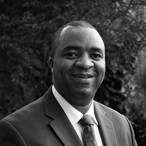
Martin Mbaya is a member of faculty at Strathmore University Business School. He teaches undertakes research and consults in the areas of Public Policy, Digital Learning, Trade and Sustainability. Martin is a Founding Director of Utawala Applied Research Institute the legacy of a 2013-2014 Ford Foundation grant to support Devolution on Kenya. He is a Trustee of the AHS Endowment Fund Trust, the Adebisi Babatunde Thomas Entrepreneurship Institute (ABTEI). He is a Governing Council Member of the African Centre for Technology Studies (ACTS) and Trustee of its affiliated Endowment Foundation Trust. He is a also 2015 Tutu Fellow. Martin holds a Bachelor's degree in Mechanical Engineering from MIT and a Master's degree in Public Policy from Harvard Kennedy School. He is pursuing a Phd at the Graduate School of Technology Management, University of Pretoria.
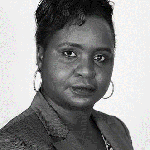
- Laura Muniafu
Laura is an accomplished professional holding a wealth of experience in project management, stakeholder engagement, policy design, curriculum design, research and capacity building. She holds a B.Eng in Chemical Engineering from Sheffield University and an Msc. in Oil and Gas Engineering from Aberdeen University. Laura currently the Ag. Director at Strathmore Extractives Industry Centre (SEIC), housed at the Strathmore University Law School. Laura has distinguished herself in the energy and petroleum sector through her work in the sector, which centres on gender in the extractives industry, local content, Environment, Health and Safety in the Petroleum Sector, transparency and accountability as well as different capacity building initiatives. Laura also sits as a board member for the Society of Petroleum Engineers – Kenyatta University Chapter.
- Joyce Riungu

Joyce currently works as a Programme Coordinator and Researcher at the Strathmore Center for Sustainability Leadership, Strathmore University Business School, Kenya. She coordinates the programs and projects of the Center for Sustainability Leadership, which aims to build knowledge and technical capacity for the achievement of the Sustainable Development Goals. She also conducts research in the area of sustainable development. Joyce has previously worked as a research assistant on various sustainable development projects primarily dealing with agriculture, resource management and climate change adaptation. As a graduate student, she worked with the International Institute for Sustainable Development and the UN Environment Programme on the Green Economy Initiative which supports governments in the development of inclusive, environment friendly economic policies. She holds a Master’s degree in Environmental, Resource and Development Economics from the University of Winnipeg, Canada, and a Bachelor’s degree in Economics and Statistics from the University of Nairobi. She is currently pursuing an MSc in Sustainable Development at the SOAS University of London.
Australian National University:
- Dr. Jolyon Ford
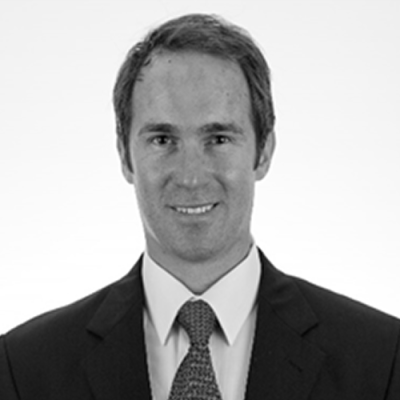
Dr. Jolyon Ford re-joined the ANU as an Associate Professor in July 2015 from the UK, where he was an Associate Fellow of the Royal Institute for International Affairs, London (Chatham House) and a Research Associate of the Global Economic Governance programme at the University of Oxford's Blavatnik School of Government. He previously held a senior role at Oxford Analytica. In addition, he has worked in the federal public service, an intergovernmental organisation, academia, civil society, the private sector and freelance consulting. From Zimbabwe, he holds degrees from the University of KwaZulu-Natal (South Africa), Cambridge University as well as the ANU and is admitted as a Legal Practitioner in New South Wales.
Project administration:
- Katrina V. Palad (Project economist)

Katrina Palad has been involved in several projects, funded by or in cooperation with; Danida, Sida, EU, Norad, GIZ and many more, as a project economist at the Danish Institute for Human Rights for six years. Her key competencies are controlling, project economy, project administration, finance and accounting.
- Colbyn MacPhail (Research assistant)
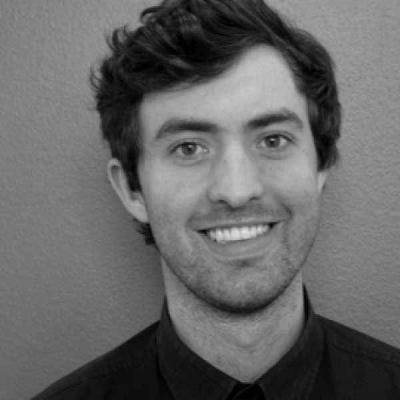
Colbyn has been working with the Danish Institute for Human Rights since 2019. He first joined the Human Rights & Development Department as an intern supporting the NHRI.EU Project, which aims to strengthen the capacity of National Human Rights Institutions (NHRIs). He carried out baseline research to obtain data on the status of NHRIs’ engagement with the SDGs globally. Colbyn is studying an MA in Advanced Migration Studies at the University of Copenhagen and is currently conducting thesis research on the Irish diaspora in Scotland.
Activities
- Kick-off meeting Kenya 19–24 August 2018
- Kick-off meeting Ghana 30 July 2018 – 3 August 2018
- Workshop in Pretoria 25–26 September 2019
Research funding
- Danida Research Council
More specifications about the project on the Danida Research Portal
Starts: April 2018
Ends: May 2022

